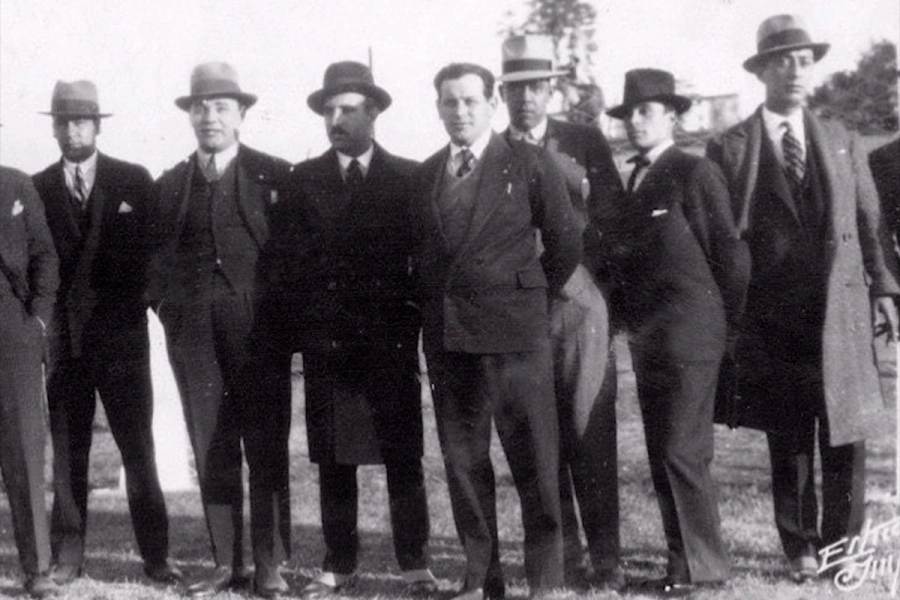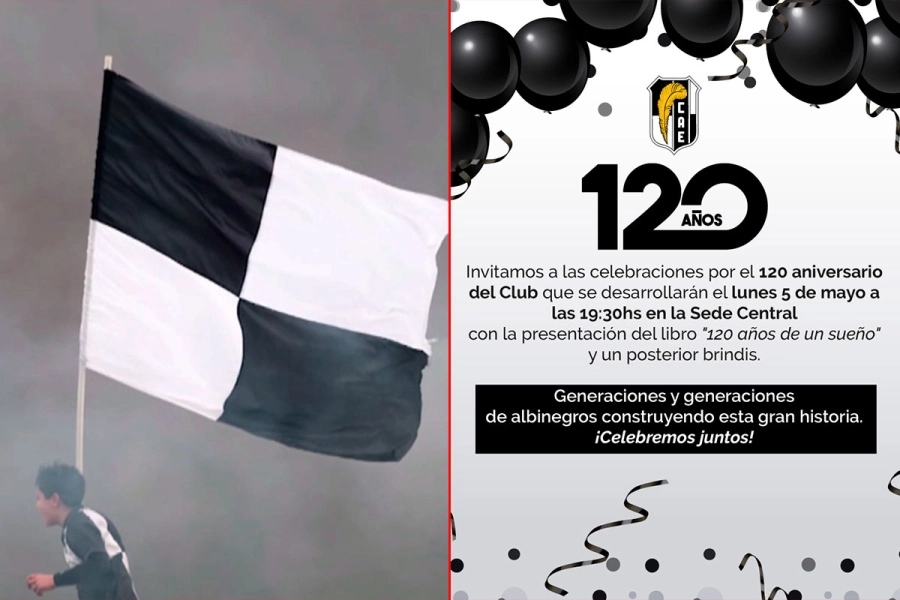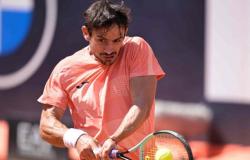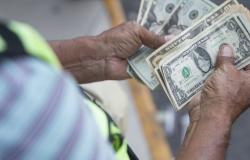On May 5, at 19.30, the Student Club of the city of Paraná will celebrate its 120 years with an emotional act in which the book “120 years of a dream” will be presented, written by the architect Fernando Ponce. The work reconstructs the history of the club from its foundation to the present, combining texts and a valuable collection of unpublished photographs.
“Dr. Emilio Fauces, president of CAE, summons me, with the idea of celebrating the 120 years of the club through a book. There was already one, made in the 90s, another of the 100, but in the 110 nothing was done,” Ponce told Elonce. “I told him yes immediately, but I changed the idea a bit, to tell the club’s story through the photograph of all times of the institution,” he added.
The work included the collaboration of all subcommissions, which contributed images, documents, anecdotes and testimonies. “The proposal was lowered to the subcommissions and they began to look. The idea was to add not only photos, but also stories, characters, athletes and visitors who went through the club in these 120 years,” he explained.
A work built in stages
Ponce said that organizing the enormous amount of information was a true professional challenge. “I am very structured. I was doing the work in stages, by discipline, for sports, by time. The book has six great stages: the foundational, the Uranga stage, the intervention, the return to the club in 1955, the 27 years of Salvador Pochi Moreli and the last 25 years with the management of jaws,” he said.

The process was meticulous and required a great archive effort. “December, January, February and March, the phone exploded every two seconds,” he recalled. However, the result exceeded their expectations: “when they read my work, there were practically no observations. Of 400 photos, we eliminated only three. 99% liked them.”
The history of the club is also part of the history of the city. “Beyond that one can be from another club, it is good to know what happened in Paraná, how the CAE was founded. It was a group of students from the National College that had nowhere to play football, until on May 5, 1905 they founded the Students Football Club,” he said.
-
Amateur identity and social commitment
Ponce highlighted the strong amateur spirit that always characterized the club. “Professional football was never part of the club. In its history, an athlete was never paid. He was always clearly amateur,” he said. As he explained, this decision was consolidated when, in 1930, Argentine football was professionalized: “In the statute there was an article that said they did not want it to be professional.”
The club, which began with football as a central discipline, was transforming over the years. “Raúl Uranga was one of the promoters of that absolutely magical change of the club. In 1955, the facilities were returned to the partners after an intervention. From there, a new stage began,” he reviewed.

The book will be presented at the headquarters of the Club, located in Los Vascos Street. “We invite everyone who wants to participate, whether partners or not, because the Student Club is part of the history of the city,” Ponce said. In addition, it can be downloaded digitally from the official page of the club and, later, a printed edition will be available.
The Paraná Student Athletic Club turns 120 and presents the book about its history: Fernando Ponce words





